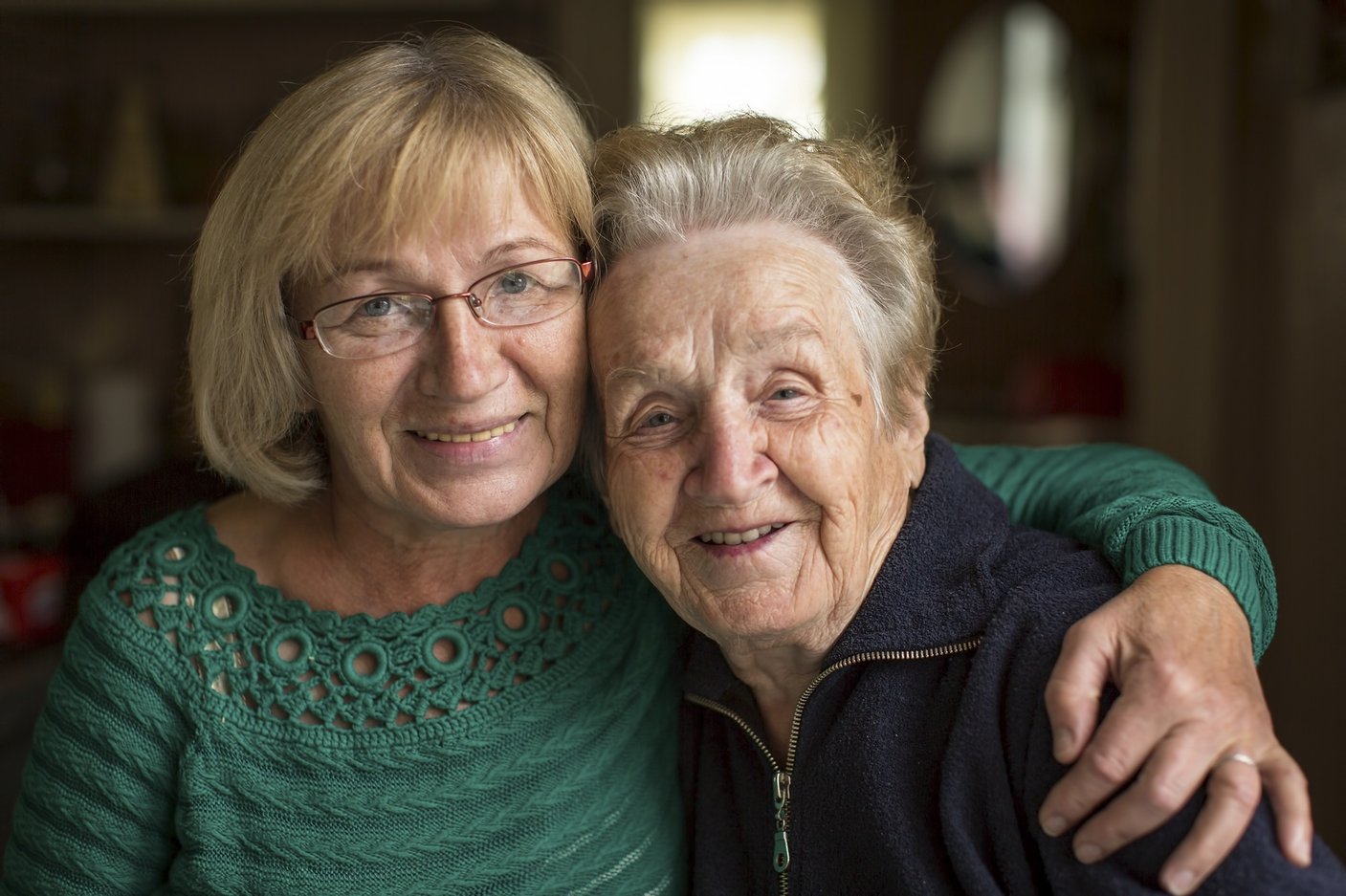
If your senior loved one is living in the Louisville area with dementia, Alzheimer's, or age-related memory loss, and could benefit from memory care, how do you go about finding the best memory care facility?
We get asked this question all the time.
And we empathize with you. The process of making a placement decision can feel especially stressful for the spouse, partner, or family caregivers of a loved one with dementia.
We'd like to take a moment today to help ease that process for you. Today, let's talk about some of the things you need to know, as well as tips and strategies you and your family can use to find the best memory care for your loved one.
1. Memory care facilities aren't the same as nursing homes or personal care centersAlthough many nursing homes and personal care centers have specialized memory care units within them, not all have them.
We do. Episcopal Church Home (ECH) is what's known as a continuing care retirement community, or CCRC. That means that we offer a wide variety of living arrangements, designed to fit seniors' changing needs as they age.
A person might come to us as an Independent Living resident, living in her own senior apartment, requiring no assistance at all. But, let's say that 10 years later, she begins to exhibit memory loss, and her doctor determines she has Alzheimer's disease.
She might initially move over to one of our personal care households, which can help her with things she can no longer do for herself.
And, when her needs become more pronounced, she and her family might then elect to move her into one of our memory care households, which can provide person-centered, targeted memory therapy to try to slow the progression of her memory loss.
2. Choose a memory care center that was designed to be a memory care centerIn the old days, a memory care ward might have been a wing in a large, institutional building, with fluorescent overhead lighting, tiled floors and ceilings, drab paint and a locked entrance door.
Not anymore. Modern memory care centers, like ours, are designed specifically with advanced dementia patients' needs in mind.
They're open, but secure, so they can safely accommodate wandering behaviors that many patients with late-stage dementia exhibit. They monitor residents' moods minute-to-minute, so they can reduce the frequency of outbursts and provide a safe, reassuring environment for them to age in.
And, like our memory care household here at ECH, they're well-lit with plenty of natural light. The floors are carpeted. The walls are cheerily painted and decorated. And they plan plenty of activities and other opportunities for residents to socialize, to the extent that residents can (or wish) to participate.
3. Choose a memory care home that will never ask your loved one to leave due to financial hardship
Modern medicine and person-centered memory care are helping dementia patients to live longer, more enriched lives. And as they live longer, many people outlive their retirement savings.
For some, that can result in being asked to move, once they've spent down their assets, to another memory care center.
As an Episcopal Retirement Services partner community, we never ask residents and their family caregivers to do that. It's part of our promise — and an integral component of our elder care ministry.
When ECH residents outlive their resources, our Promise Fund picks up continued care costs that aren't otherwise covered by their Medicare, Medicaid, or other long-term care insurance plan.
That gives area seniors — and their families — all-important peace of mind. And it allows elders to continue aging here, where they see familiar, friendly faces every day, and where they receive the most innovative, promising memory care therapies available in the region.
4. Check the memory care home's accreditation and inspection scores
Before you opt to place your senior loved one in a memory care community, make sure it's fully accredited to care for persons with Alzheimer's or other forms of dementia.
Check out its licensure with the state. Research its health inspection scores — in Kentucky, the Office of the Inspector General keeps those records.
You should also research its reported health outcomes and hospital admission and readmission rates (in Kentucky, these can be obtained through the Department for Medicaid Services).
You should also check its accreditation through independent bodies like the Joint Commission (JCAHO) and other reputable health care quality assurance organizations.
We'd love to show you the difference person-centered memory care makes for Kentucky and Indiana seniors.
Might your loved one benefit from residential memory care at Episcopal Church Home? Come take a tour of our retirement community and find out!
Click here to arrange yours today, or to request more information. Our memory care experts would be happy to chat with you and answer all your family's questions.













